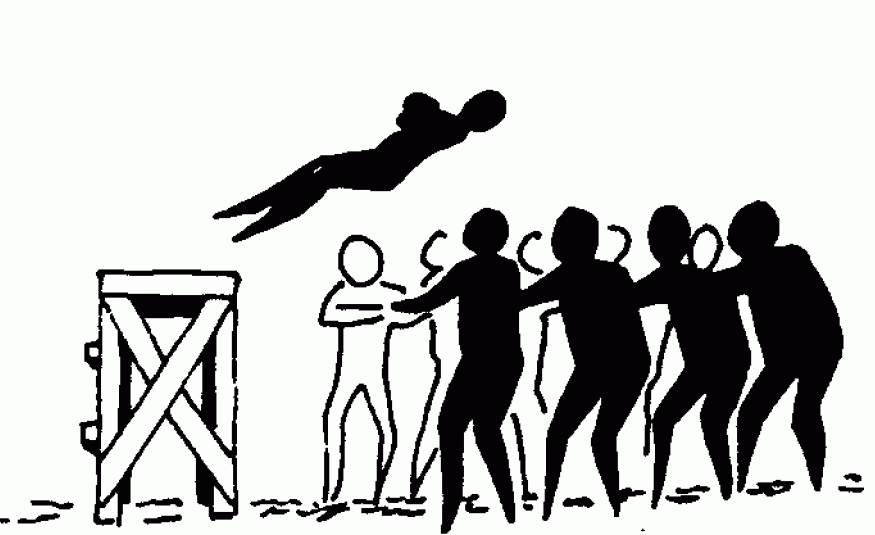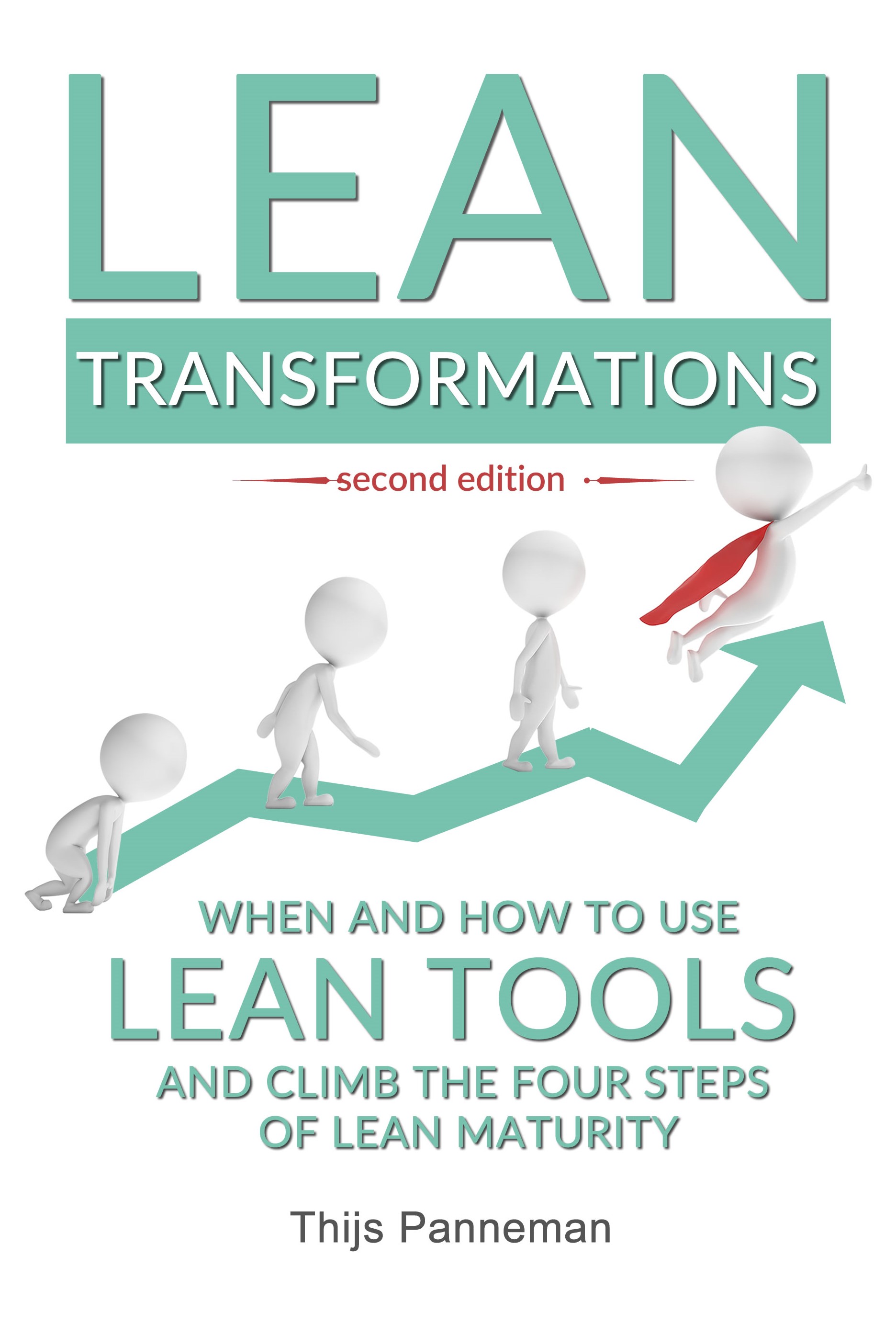The word team is often explained as “Together Everybody Achieves More”. By working together, people are capable of achieving incredible things. Without cooperation of men, there wouldn’t be pyramids, a worldwide distribution system of goods and services, and the current level of knowledge in healthcare would be questionable. Teams only produce results when people work together and for people to work well together, trust is the most important factor of success (Lencioni, 2002).
In his book, ‘The five Disfunctions of a Team’, Patrick Lancioni describes a pyramid of 5 layers which represent the growth of team functioning. The layers are somewhat sequential, which means that each higher layer is built on top of the lower layer and the higher the team functions in the pyramid, the better it functions. Each of the 5 layers describes a challenge: a lack of trust (1), fear of conflict (2), lack of commitment (3), avoidance of responsibilities (4) and lack of focus on team results (5).
The base of the pyramid is defined by the lack of trust between team members. This lack of trust can result in team members not willing to be open and honest within the group. Examples of open and honest behavior are admitting you were wrong, or to share personal weaknesses with one another. When people fail to trust each other, they will also fail to have open discussions because of fear of conflict. Open and honest discussions are necessary to get new ideas on the table or to get a detailed plan for a good idea. When people are afraid of conflict in a team, there can only be shallow conversation and limited progress in making decisions and execution of tasks.
The fear of conflict in its turn leads to a lack of commitment. In short, when team members cannot be open and honest in team discussions, they will not automatically be committed to the conclusions and decisions made in that meeting. This in turn leads to a lack of responsibility for the decisions made and when people do not feed responsible for a decision, chances are they will avoid responsibilities.
The last challenge a team needs to overcome is the lack of focus on team results. When team members do not take responsibility for the decisions made, they might choose to work on personal career development or ego development instead of team results.
The beauty of this pyramid I find is that specific problems which occur in teams can all be brought down to one important cause: the lack of trust between people. Trust that team member perform their tasks as promised, trust that people will put the team before their own personal gain, trust that team members will use their knowledge and experience within every partnership and will be confident enough within the group to stand up for their own opinion.
One question that might arise is: how do you built trust in your team? Stephan M.R. Covey describes 13 behaviors to create trust as part of his book ‘The Speed Of Trust’. These are thirteen behaviors everyone can start living by today, to build more trust in their organization.
- Talk straight, be honest and always tell the truth in understandable language. Never leave a wrong impression.
- Demonstrate respect, show you care for others, in spite of difference in team roles of hierarchical functions.
- Create transparency; be authentic and real. Tell the truth in a way that makes it possible for others to check the facts. Never keep information for yourself.
- Right wrongs; make problems visible, apologize when you made a mistake and fix your errors when possible
- Show loyalty; praise others, acknowledge work of colleagues and never speak negatively about others.
- Deliver results; make sure you have a track record of accomplished results, always be on time, keep your promises and do what you were hired to do.
- Get Better; keep learning, ask for feedback – both formal and informal, continuously improve your skills and your possibilities.
- Confront Reality; address difficult situations.
- Clarify expectations; define, discuss and check expectations.
- Practice Accountability; hold accountability for your results, never blame others for your results
- Listen first; Listen before you speak, listen with ears, eyes and heart. Try to find out what behaviors other people value; these can differ from your own.
- Keep commitments; Think carefully before you commit yourself to a task, and make sure your always keep your word.
- Extend trust; focus on extending tasks and responsibilities. Let more and more people perform multiple tasks and increase autonomy on each task.
These 13 behaviors might be too much to remember all at ones, but I am convinced that everyone can pick three of these behaviors that might be a challenge for themselves. Team work is practiced in many organizations and many people are part of multiple teams, shifts or departments. Imagine what kind of improvements can be made in an organization where all employees are focused on building trust!
Continue reading:
The Pull Principle - In Production, Office and in Life
SOURCES:
Covey, S.M.R., 2006, The Speed of Trust – One Thing that Changes Everything, New York: Free Press
Lencioni P., 2002, The Five Disfunctions of a Team, San Fransisco: Jossey-Bass















